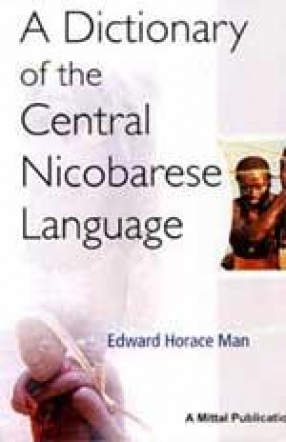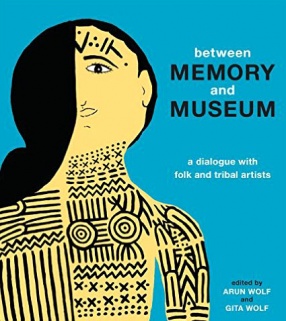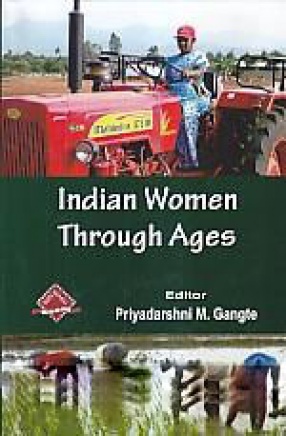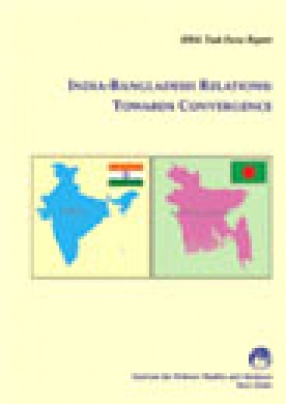To sophisticated visitors the Andaman islands would even today look like a dreamland. Aboriginal tribes are not the only inhabitants of these islands as was the case ages ago: a large number of settlers belonging to different tribes and ethnic groups have brought in some element of traditional cosmopolitan culture. Yet the savage beauty of the islands watered by the Bay of Bengal, the perennial economic features and the rather somber backdrop all over strikes any visitor to the islands today. Before Edward Horace Man went to the islands as assistant Superintendent of Andamans and Nicobars: practically nothing was known of the mysteries of this human settlement in wilderness. It was absolutely untouched by any medium of communication and Port Blair or any other strip never figures in the newspapers: any systemtic sociological study was, therefore, beyond the realms of possibility. The exploratory acumen of E.H. Man soon soon convinced the aboriginals that he was no burra sahib given to temptations and comfort. He had sympathy for the locals and mixed with them as freely as any aboriginal could think of . As a consequence, Man’s name became magical in the islands. Subsequent researchers have recorded that the local inhabitants could be made to do anything at the mere dropping of Man’s name. No wonder, the inhabitants chose to name one of the islands after Man, on his departure, which in itself was the cause of widespread grief in the islands. Recent official interest in the reorganization of the Andmans and Nicobars makes this book more valuable today. For, the need to understand the urges and aspirations of the locals, in new Delhi and elsewhere, is more acute today than it was ever before.

The Aboriginal Inhabitants of the Andaman Islands
$36.90
$41.00
In stock
Free & Quick Delivery Worldwide
All orders amounting to US$ 50 or more qualify for Free Delivery Worldwide. For orders less than US$ 50, we offer Standard Delivery at $14 per book.
ABOUT THE AUTHOR Edward Horace Man
Edward Horace man (1846-1929) was born in singapore on 13th September, 1846 into a family with a strong military background. As was customary in those days his father Henry Man sent him to England for his early education. E.H. Man arrived at Port Blair in 1869 working in the Andamans and Nicobars under a series of Superintendents, and Chief Commissioners and then as Deputy Superintendent until his retirement in 1901. He has also served as district magistrate and was appointed judge in 1894. E.H. man collected a vast amount of previously unrecorded information that, without him, would have been lost to science. It was Man who had by then discovered that there were eight great Andamanese tribes mutually unintelligible language. Man was elected member of the Royal Geographical Society, the Royal Anthropological Institute and the Royal Asiatic Society. It was largely thanks to E.H. Man that the Andamanses and the Nicobarese enjoyed a turn of scientific popularity of century. E.H. Man was an obsessive collector of facts and figures, highly competent, strictly normal, a gifted observer and linguist, a pillar of society, who wrote the present very important book besides a dictionary of the central Nicobarese language. He died on 29th September, 1929 after a brief illness.
reviews
0 in total
Review by Anonymous
Be the first to review “The Aboriginal Inhabitants of the Andaman Islands” Cancel reply
You must be logged in to post a review.
Bibliographic information
Title
The Aboriginal Inhabitants of the Andaman Islands
Author
Edition
1st ed.
Publisher
Length
xxviii+224p., Tables; Figures; Appendix; Index; 22cm.
Subjects
more by Edward Horace Man see more
similar bookssee more
Between Memory and Museum: A Dialogue with Folk and Indigenous Artists
India is home to a range of ...
$74.70
$83.00
Indian Women Through Ages
$68.40
$76.00





There are no reviews yet.